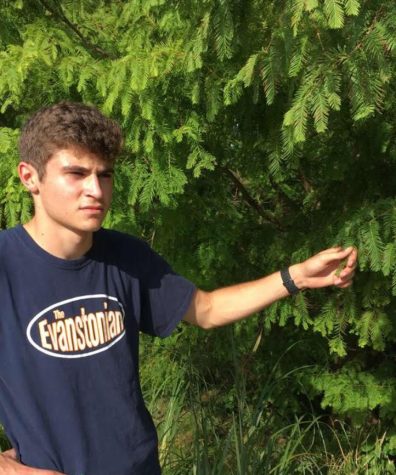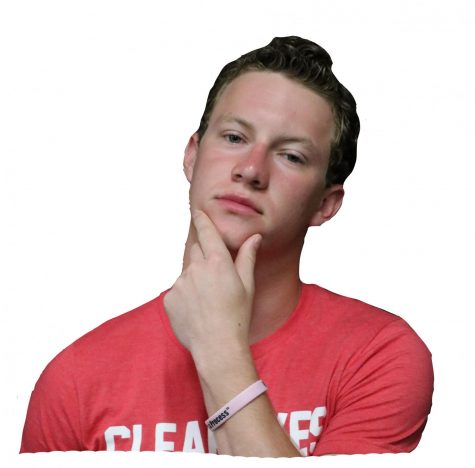Mascots should not be racially influenced
November 8, 2019
In 1995, the Cleveland Indians were on top of the sports world. They were headlined by future hall of famers and all-stars, but the most recognizable part of the franchise remained their “lovable” Native-American mascot Chief Wahoo, the Indians’ depiction of what a stereotypical Native-American looked like: bright red skin, a feather behind his head and a huge, friendly smile stretching from ear to ear.
While Chief Wahoo was retired before the beginning of the 2019 MLB season, the underlying issue remains: American sports have little respect for minority cultures, specifically that of indigenous people. From professional to youth sports, Native-Americans have been inappropriately objectified as mascots. Labeling an entire brand based around one’s race and cultural past is racist and needs to be eliminated immediately.
Take the example of NFL franchise the Washington Redskins. Since 1934, the team has bore a logo depicting a maroon colored Native-American man wearing a headdress. Despite multiple campaigns for rebrandment, owner Dan Snyder has consistently refused to take action. As a result, the NFL franchise representing our nation’s capital holds the most racist name in American sports.
Now, many Native-American tribes and organizations have granted permission to use their name as a mascot. For the Florida State University Seminoles, the school has worked with the Seminole Tribe of Florida to come to an agreement as to what is deemed racist. Despite this reality, the ruling on whether to allow such depictions of culture as mascots should remain consistent: force every team to change their branding to become non-offensive, whether that be altering a logo or an entire organization. Just because some deem it inoffensive to have someone depicted as a Seminole throw a flaming spear from a horse before every Florida State football game doesn’t mean they stand for all.
Think about it this way: if a team were to come out and label themselves as the Chicago Rednecks with a logo portraying a fat, white man with poor hygiene, there would be immediate outrage. Double standards in America are the reason we experience pushback on diminishing racially driven branding. Much of white-America, being the majority race in this country, tends to only look out for their own race and culture. Even in the simple case of a team’s mascot, we refuse to take initiative to fix a simple issue and instead let egotistical minds such as Snyder run the show.
There is no reason to still have mascots that are based around other races and ethnicities. Many may argue that it’s simply tradition, but why should we celebrate a tradition of racism? I encourage everyone to turn their backs on racist franchises and think twice before supporting a team.
“Most people would say these logos are derogatory and make their own meaning behind it,” senior Darius Hunt says. “If it has a meaning behind it then [it’s racist].”
Sports is fueled by consumers, so if the consumers demand change, it will happen. Franchises are designed to be a way to rally a city together, with a mascot at the heart of it all. Teams should be a way to celebrate a city’s history, not put down a minority’s culture.













